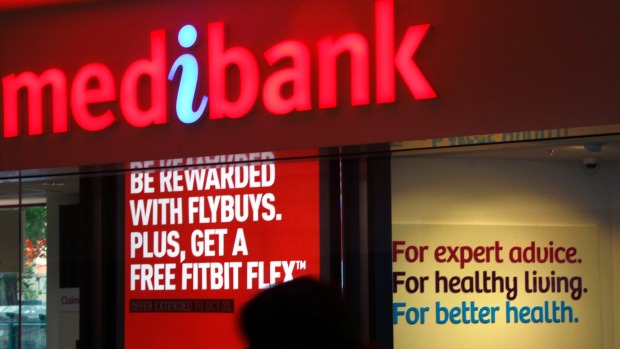
Nearly 30 per cent of complaints to the PHIO in the second quarter were about market leader Medibank Private. Photo: Reuters
A consumer watchdog has rebuked private health insurers for confusing people with vague or conflicting information on benefits, especially public hospital cover, as complaints hit a 12-year high.
On Tuesday, the Private Health Insurance Ombudsman said it had received 1219 complaints between April and June this year, a 30 per cent rise on the same period last year and the highest number since 2003.
While routine hikes in premiums and end-of-financial-year deadlines usually drive a spike in complaints in the second quarter, the ombudsman said frustration over benefits and membership issues caused the increase.

Number of complaints by issue to the Private Health Insurance Ombudsman. Photo: Private Health Insurance Ombudsman
It chastised health insurers such as Medibank and Bupa for a lack of clarity surrounding public hospital-only cover, saying too many customers were being led to believe they could avoid a public hospital waiting list.
It said that in some cases “aggrieved” policyholders were “clearly misadvised”.
“Policyholders tell us they have been advised they can avoid the public hospital waiting list by purchasing public hospital cover, and then complained that they have in fact been required to wait on the list,” the ombudsman said.
“Sometimes this has occurred after the consumer has purchased the policy and served a 12-month waiting period for pre-existing conditions, and only then are advised that their policy doesn’t avoid the public hospital waiting list,” it said.
“They feel particularly aggrieved because they could have been waiting on the public hospital waiting list for those 12 months and instead are faced with at least another 12-month wait.”
About a third of the complaints were about Bupa, and another third about Medibank Private. Each accounts for about a third of the market.
The highest number of complaints between April and June concerned misinformation over the phone or in person.
“Most complaints about oral advice concern an allegation that a health insurer’s staff member misadvised a consumer and caused them to hold an incorrect level of cover,” the ombudsman said.
This was followed by complaints about membership cancellation, mostly in cases where requests for clearance certificates and refunds were not responded to quickly enough.
Next were hospital policy exclusions and restrictions, premium payment problems and waiting periods for pre-existing conditions.
Consumer network One Big Switch said with premiums rising almost $300 a year, customers were increasingly seeking to downgrade their cover.
“But many consumers are unaware what they’re trading away,” campaign director Joel Gibson said. “Consumers need to take care when downgrading their health insurance that they don’t trade away vital cover.
“Consumers are doing what they have to to stay in private health insurance: they’re shopping around, switching and downgrading. This is a good sign, as it means greater competition between funds, but the funds do need to be very clear about what it is they’re selling.”
